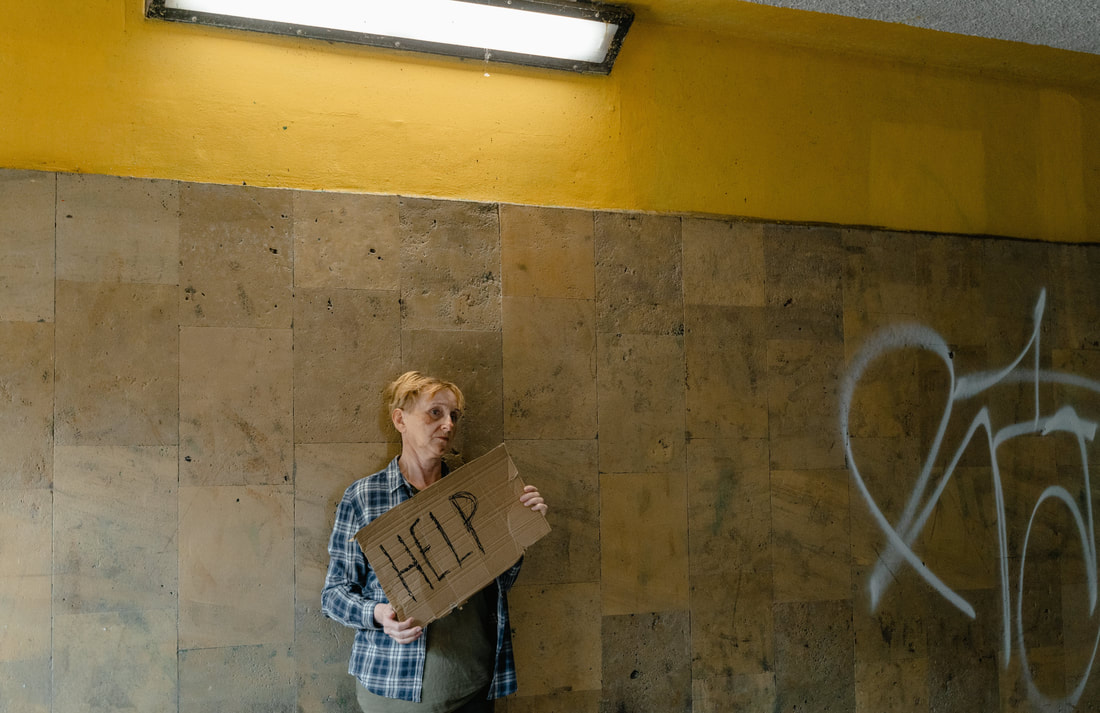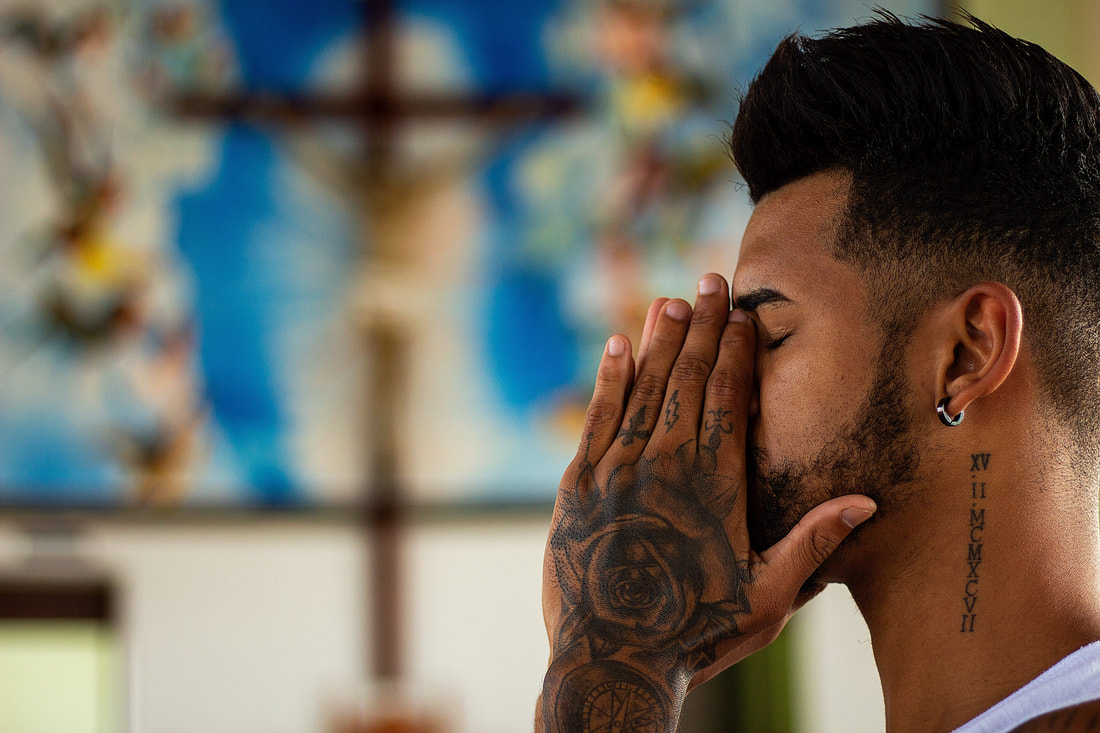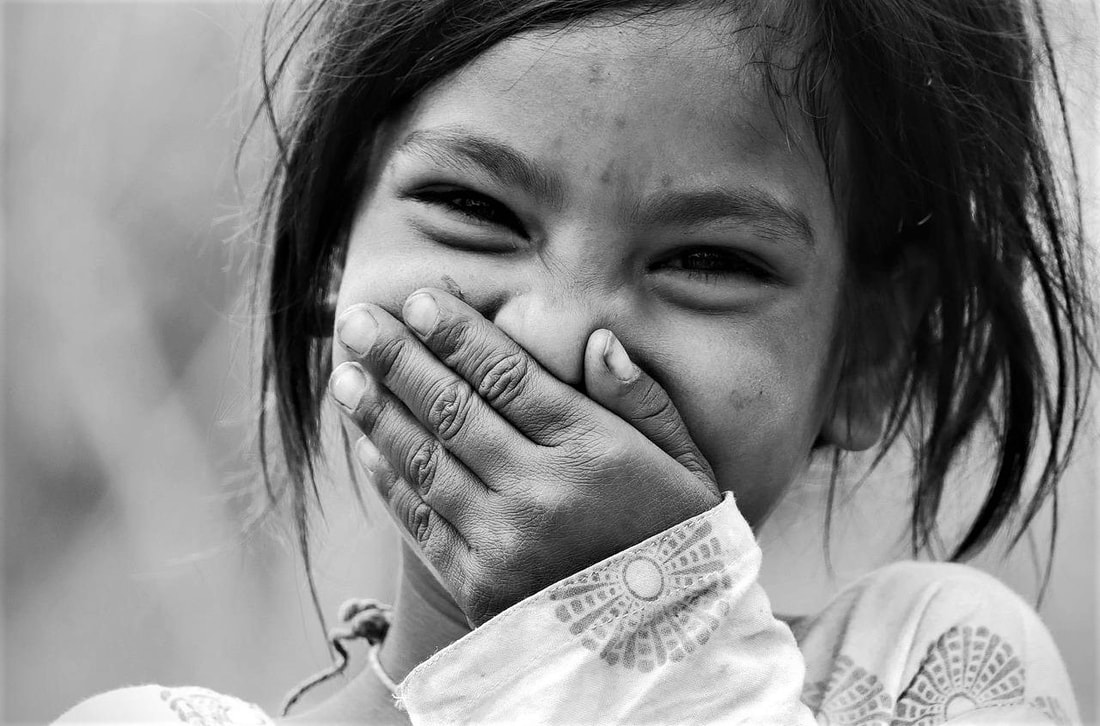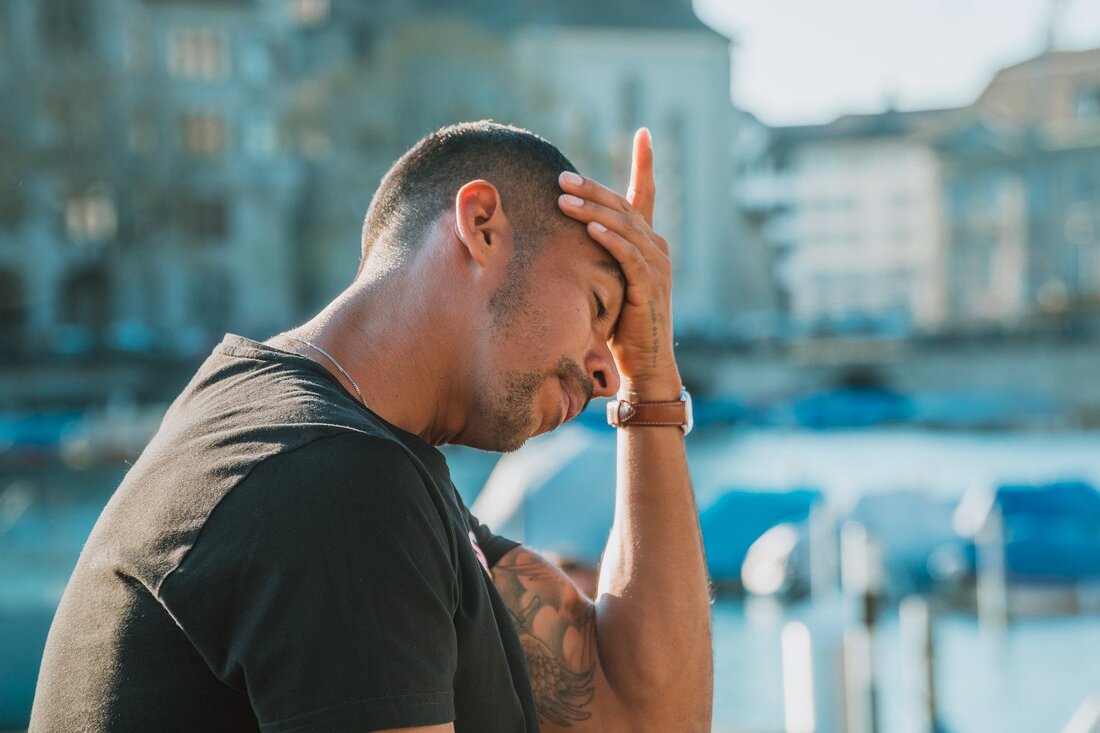|
‘If you’re not confused, you’re not paying attention.’ (Tom Peters) Leaders who develop strategy collaboratively with diverse key stakeholders often find that inviting others in proves critical to its success. It recognises that no leader, no matter how knowledgeable or experienced, can know everything and it values the contribution that others can bring. That said, leaders can also feel overwhelmed if levels of participation are high and inputs are complex. These tips (below) are, therefore, designed to help leaders sift through and make sense of the reams of hopes, ideas, information, impressions, data etc. that they may surface and receive through strategy research and through inviting input from various people and groups. They are not intended as a prescriptive one-size-fits-all set of rules. Have a glance and see which, if any, work best for you. 1. Don’t panic In the midst of some great information and ideas, you are also likely to receive input that will look unclear, confusing or contradictory. There may be handwriting you can’t read, comments in shorthand that made sense to the person who wrote them but don’t make sense to you etc. You may receive so much input from diverse people and sources that it could feel bewildering. If so...don’t panic! 2. Research questions Go back to your research questions. Use them as a guide to sift through the input you have received. How far does the overall input contribute to answering the questions you set out to address? Has any of it raised wider or deeper questions that need to be acknowledged? Is any of the input interesting but distracting? Avoid the temptation to race down fascinating rabbit holes that take you off track. 3. Test a hypothesis Some leaders suggest formulating a hypothesis – a provisional answer to the questions you set out to answer – before sifting through responses. This provides a focus, a testing stone, and enables you to check each response: ‘Does this support or contradict the hypothesis?’ If it doesn’t relate to the hypothesis, shelve it for now so that you don’t get distracted. You can always circle back to it later. 4. Cluster responses Some leaders prefer to start with a blank sheet, skim through responses and note intuitively what core themes or ideas emerge. You can then place responses under those themes, adding or modifying themes as the sifting process progresses. Don’t worry about identifying the themes perfectly too early. You can always hone them and see what answers they point towards later. 5. Test your biases It can be tricky for leaders to look at responses afresh, especially if we have a strong interest in the work we do currently or strong views about how we should move forward. During the research phase, I refer to these challenges as ‘blind spots’ (assumptions) and ‘hot spots’ (sensitive areas). Invite others to test your assumptions and to point out if you appear to avoid challenges or new ideas. 6. Trust the process We may have invited and received input from a diverse range of people and groups. Whilst no strategy research will ever be 100% exhaustive and conclusive, the insights that we draw through a collaborative strategy venture will in most cases be good enough – that is, good and enough as a signpost to the future. Pray, be confident in what you know and excited by what you discover!
12 Comments
‘Tomorrow is the first blank page of a 365-page book. Write a good one.’ (Brad Paisley) It was my first time at a Greenbelt Festival in the UK and I remember wearing simple sandals made from recycled car tyres and a leather headband to keep my hair out of my face. I painted a cross on my forehead, carried a bamboo flute (which I couldn’t play) and walked with friends amidst the crowds towards the centre stage. Radical social activist, Jim Wallis, was the keynote and he spoke passionately about a place in the Bible where Jesus reveals who and what matters to him in this world. I felt spellbound. It resonated deeply with my own spiritual convictions – nothing to do with religious moralising and everything to do with a vision, an ethic, a possibility, a relationship. ‘I was hungry and you gave me something to eat, I was thirsty and you gave me something to drink, I was a stranger and you invited me in, I needed clothes and you clothed me, I was sick and you looked after me, I was in prison and you came to visit me.’ In this narrative, those to whom Jesus is speaking were puzzled and asked when they had done this. ‘Whatever you did for one of the least of these brothers and sisters of mine, you did for me.’ Jesus was sharing with astonishing clarity the lens through which he views our priorities and relationships. The way we treat others in need – the poor, the outsider, the sick, the oppressed – is the way that Jesus considers we reflect and treat him. Please God, as we enter this new year: shine your light of love, truth and hope through my life with ever-increasing brightness. ‘Learn from history, maintain your mystery, take your victory.’ (Amit Kalantri) Sometimes, we need to look back to look forward and the New Year can present us with a special opportunity to do just that. We could think of this as analogous to an annual performance review, where we pause for a moment and take stock of progress and learning so far before moving on. At a personal level, I’ve been thinking and writing quite a lot recently about Kairos moments in my own life that have, in retrospect, often proved pivotal. These experiences carry a spiritual quality and significance for me that both transcend the temporal and reveal a deeper sense of meaning. An instance comes to mind when, 3 days into a leadership role in a new organisation (to me), my line-manager called me into his office to confess, in deep disappointment, that funding for (a) a new leadership coaching programme and (b) a new management development programme, both of which were to lay in my area of responsibility, had been slashed as part of broader financial cuts. He apologised that, as a consequence, these flagship initiatives could no longer go ahead. I could see a look of anxiety on his face wondering, I imagine, how I might react to this bombshell news. I prayed silently then responded in a spirit of curiosity that, if these initiatives were priority, I’d just need to find a different way to achieve them. I thanked him for being open, prayed, then placed an invitation on LinkedIn, asking if anyone would like to offer pro bono coaching support for leaders in a national UK charity. Within 10 days, 180+ people had responded to offer their services. I also prayed and asked around if anyone would be willing to run a pro bono management development programme. A prestigious agency responded and ran an annual programme for us for 4 years running. I’m reflecting on why this experience came to mind for me now. It happened 10 years ago yet still feels so profoundly resonant as we approach the New Year. The first lesson for me is that it’s not all about me. God is capable of doing far more than I can ask or imagine. The second is the rich relational resourcefulness of networks, the kindness of so many people who are willing to offer themselves in heartfelt service when offered meaningful opportunities to do so. The third is the power of invitation, not expectation, that draws people freely into co-creative partnership to do something amazing. ‘The international arms trade is in direct opposition to efforts to protect and pursue the health of our world and its inhabitants.’ (MedAct) When Jesus Christ was born, if he had been given the projected world armaments spend for this year alone – I have to sit down as I write this: he could have spent US$ 2,708,578 every… single… day... from then until now. And, whilst on the topic of Jesus, a good friend has a satirical sticker across the rear windscreen of her campervan that reads, ‘Who would Jesus bomb?’ The simple answer is, ‘Nobody’. He was far too concerned with bringing good news to the poor, vulnerable and oppressed. Bottom line: weapons didn’t feature on his bottom line. Yet here today we see world leaders striding confidently onto stages, adorned with flags and symbols, making elegant speeches and pointing accusing fingers at one another across starkly-divided world maps. Everyone is firmly committed to the, ‘I’m OK, You’re Not OK’ creed and absolutely convinced by the rightness of their own cause. The platform rhetoric is powerful, existential, and ramps up the ante. It’s a dangerous zero-sum, do-or-die game in which we could all – quite literally – obliterate the world in a quest to, allegedly, save the world. Meanwhile, I see children in the Philippines this week who live in dire poverty, sleeping in rags on hard ground. There are countless millions across the world living like this, with barely enough to survive let alone thrive. Scraps of food and no access to safe water, sanitation, healthcare or education. US$ 2,708,578. So, Jesus again – ‘Reach out to your enemies.’ We could try this: ‘We’ve all made a real mess of this. We’re partly to blame and we’re sorry for the part we played in how we got here. We want to work with you to co-create a very different future.' Everything is at stake. ‘There’s nothing more dangerous than a resourceful idiot.’ (Scott Adams) 15 minutes before I was due to lead an online change leadership workshop in Germany, I stepped outside briefly for a breath of fresh air. I wanted to clear my head, focus and pray. Then…oh no, I heard a gentle click behind me and discovered, to my alarm, that I couldn’t open the door without a key. It hung tantalisingly on the inside and I could see my mobile phone staring at me blankly from the table. Aha, I thought. I will ask my hosts to let me in. Oh, they were out. Mild feelings of panic rising, I rushed to a neighbour. Thank God they were in, could understand my Englisch-Deutsch, had the hosts’ number and could call. Now, with just 2 minutes to go, my host appeared and saved the day. It was a timely reminder that sudden change can come from anywhere, unexpectedly and often from left field. It was also a helpful reminder that leadership, resilience and agency aren’t simply inward, intra-personal qualities or strengths. Our ability to handle the impacts of changes and transitions often emerges from an outward-facing resourcefulness, looking outside of ourselves openly (and, for me, prayerfully) for people and-or other resources who can co-create and co-enable a solution with us…or – if no solution is possible – sit with us in the midst of discomfort, disappointment or pain. I spent 5 years learning French, 4 years learning German, 3 years learning Greek, 2 months learning to teach English and 1 year learning Hebrew. I've also learned a smattering of words and phrases in languages as diverse as Japanese, Arabic, Spanish, Filipino and BSL. Whereas traditional language-learning often focuses primarily on vocabulary, grammar and pronunciation, I find myself especially interested in social-psychological dimensions such as confidence, context and culture. Manoeuvring between languages often calls for a nuanced interpretation rather than simple translation, paying attention to, say, intention, meaning and relationship before mechanics like spelling or word order. I find there are similar dynamics at play in other (and equally-complex) human-relational arenas such as leadership, teamwork, coaching and facilitation. Psychoanalyst Carl Jung commented astutely: ‘Learn your theories as well as you can, but put them aside when you touch the miracle of the living soul.’ Textbook techniques will take us so far, yet real transformation often emerges through the sensitive manifestation of human-spiritual qualities in our relationships and practice including: presence, contact and trust. This calls us continually to explore questions such as, ‘What does this person (or group) need in this situation at this time?’ This is very different to a simple, ‘If X, do Y.’ As we enter the New Year, I’m aware of so many complex challenges that are impacting dramatically on people, communities, organisations, nations and the entire natural-environmental ecosystem. In such circumstances, it can be tempting to grasp hold of simplistic, mechanistic solutions that, we hope, will help us to feel less anxious, less vulnerable and less out-of-control. We may risk closing in on ourselves to defend and protect those beliefs, behaviours and interests that provide us with a sense of reassurance, safety and security. In 2023, I hope and pray, with open mind and heart, that I will stay close to the call-principles that guide my practice: prayer, presence, participation. How about you? Happy New Year! Light shines in darkness. We can be hope. ‘If you want to know what your true values are, have a look at your diary and your bank statement.’ (Selwyn Hughes) Take any example of an important-to-you decision that you have taken during this past week. Consciously or subconsciously, directly or indirectly, it will have reflected something of your underlying beliefs and values. At one level, every decision we take with awareness represents the outcome of a choice point, analogous to a choice of a direction at an intersection in a road. Guiding principles are a way of choosing to align our decisions and behaviour with our beliefs, ethics and values. I worked with a group recently where, during feedback, participants commented on how they felt impacted by what they saw and experienced as my ‘distinctive’ style and approach. They were curious and asked me what, if anything, lay behind this – that which they had experienced – for me. What is it that makes the difference? I held up a small, yellow, post-it note to the screen. On it are written 3 words in my own scrawled handwriting: Prayer, Presence, Participation. These are, if you like, the guiding principles that underpin me personally and all of my work professionally. I carry them with me and have them stuck on my desk, beside the monitor. I pause and focus on them consciously and deliberately before, say, writing a message, joining a conversation or running a workshop. They really do matter to me. Prayer is inviting and opening myself to God’s insight, wisdom and power. He is able to reveal, do and achieve things that are truly impossible for me alone. Presence is ensuring quality of attention and contact with each person or group that I will meet. It’s viewing and approaching each person, each moment, as a sacred encounter. Participation is an invitational spirit that calls for humility and courage. It means engaging with people, not simply technology or any materials that we may use. At the end of the conversation, I invited each person in the group to reflect for a moment – for as long as they needed – and to write down 3 words that, perhaps, they would choose to underpin their own practice. They did this thoughtfully, alone, then each shared with others in the group what they had written. This felt so much deeper and more meaningful than simple words on paper could capture or convey. It was about integrity, authenticity and congruence: choosing to take a stance. What core principles guide the focus and parameters of your decisions and behaviour? What stance are you willing to take? ‘If you can remove the hazard, do it. If you can’t do that, do what you can to minimise the impact of the hazard. If you can’t do that, prepare for recovery in the aftermath.’ (Bill Crooks) That was a proud moment. I stepped into the lift in a Phnom Penh hotel and there, blazoned on the wall, was a poster with a stark warning, ‘Don’t even think about it.’ It was a campaign against the child sex tourism trade, led by international Christian NGO World Vision and the Cambodian police. I had just arrived there on assignment with World Vision and, seeing its logo displayed alongside this message, it gave fresh inspiration and passion to my own work. Later that evening, I was taken by World Vision activists into a dark city alleyway to meet with some street children. The workers brought lanterns, food, drink and first aid kits to meet the children’s immediate needs before sitting on the ground to chat with them. I was amazed by the kids’ bright spirits, laughing playfully as they spoke with us. The activists opened picture books and talked the children through how to avoid the dangers of sexual exploitation. It was sobering at the end to watch the children drift off back into the mist and darkness, still smiling and waving at us as they went. I wondered what their lives must be like, eking out an existence by scavenging and begging, and I felt deeply affected by this encounter. I noticed my instinctive desire to rescue these children who were clearly so poor and vulnerable. I was struck, by contrast, by the activists’ approach to developing the children’s own resilience. On asking about this later, the activists explained to me that the scale of the challenge is so great that it dwarfs the physical resources they have to meet it. They had chosen a strategy that enabled them to reach the greatest numbers of children – recognising the hard realities of these kids’ worlds and enabling, where possible, their safety and wellbeing within those contexts. It was protection by preparation and mitigation, by standing alongside in the midst. This agonisingly difficult choice enabled the activists to focus their more intensive support and care on children who were the most vulnerable among the vulnerable; for instance, those who were sick or dying or living with severe disabilities or mental health issues. They partnered with the children, local communities, civil society organisations and central government agencies to catalyse and sustain an effective response. Love in action. We can be hope. ‘Truth is the first casualty of war, they say. In fact, it’s more often freedom and reason.’ (Brendan O’Neill) I was wrong. I didn’t imagine that Russia would actually launch a full-scale assault on Ukraine. I felt sick, shocked and dismayed as the news unfolded this week. I can only imagine how it must feel for Ukrainians to find their country under attack and for Russians to discover their country has started a war. I felt near-despair too as I listened to rhetoric in the UK Parliament and media in the immediate wake of the invasion, denouncing neo-fascist Russian nationalism and imperialism whilst, at the same time, silencing any voices of dissent here with words like ‘appeasement’ and ‘treason’. There are insights from various psychological fields that can help us, yet we know from arenas such as cognitive and human givens therapies that our receptivity and ability to reason is impacted profoundly when overwhelmed by feeling. Emotions like anger, resentment and fear are running high at the moment; and understandably so because this crisis and all that it could mean are very real and being experienced by real people, families and communities here-and-now – and that makes it hard to think clearly. Yet we must think, and pray, and act with wisdom, and quickly. I can only guess what’s in Putin’s mind. The geopolitical dimensions to this conflict are complex and well beyond my ability to know or understand. I can, however, speak as a citizen or the West. I spent many years working closely with an anti-Nazi activist in Germany. I learned that we need to pay very careful attention to the conditions in which otherwise insane decisions will appear and feel rational. Hitler and the Nazis were supported and elected in Germany by many with great enthusiasm against a specific contextual backdrop: in Gestalt psychology, the ‘ground’ that gives rise to a ‘figure’. The ’ground’ out of which the current crisis has developed is very complex indeed. It includes: a long cultural history in Russia of autocratic leadership; the brutal and devastating Nazi invasion of the Soviet Union from (geographically) the West; a loss of Russian power and self-esteem following the collapse of the Soviet Union; the subsequent expansion of the NATO military alliance eastwards towards Russia’s borders; the expansion of the EU economic block eastwards to (potentially) incorporate Ukraine; a corresponding and growing sense of vulnerability and resentment in Russia. Does this suggest that the West has somehow caused the war in Ukraine? No. Correlation of these factors does not mean causation. Putin has made his own decisions. Does it suggest that the West has contributed to creating the conditions under which Putin’s decision became more likely? That’s a question I believe, in the midst of our justifiable outrage at Russia’s unjustifiable actions, we would do well to consider with prayer, humility and critical reflexivity. We stand at the edge of a dangerous precipice and, to move forward, we need very different thinking to that which brought us here. ‘To demand perfection from someone is to crush them.’ (Joyce Huggett)
I’m a recovering perfectionist. Perhaps I’ll never fully get over it, but the first step is at least to admit it. In the olden days when we used to write things like letters, essays and reports on paper with a typewriter or pen (some of you won’t remember that far back), I can recall clearly a sense of dismay if I made a mistake at the end of a sheet, and ripping it up to start all over again. The thought of a crossed-out word, or Tippex, was far too painful to contemplate. Everything had to be…perfect. This kind of perfectionist streak can be a blessing and a curse. On the one hand, it can drive us to achieve dizzying heights that would otherwise seem impossible. On the other hand, it can leave us permanently frustrated, disappointed or exhausted. We may spend inordinate amounts of time and energy on tasks and relationships, where ‘good enough’ really would have been good and enough. There’s an opportunity cost too: I’m wasting resources that would be better used elsewhere. Yet perhaps the most dangerous dynamic is if and when we begin to impose those same standards, expectations and demands on other people; irrespective of what the situation or relationship itself calls for. This is a risk of ‘red pen leadership’ – where a leader or manager (or, perhaps, parent or partner) takes issue with every slightest detail in another person’s e.g. appearance, performance or behaviour, to the point where the other person is left feeling damaged, diminished or despairing. If you have perfectionist tendencies or are leading-coaching others who do, there are some useful insights from psychology that can help, e.g. psychodynamic: ‘What has happened to you that makes perfection feel so critical?’; Gestalt: ‘What are you not-noticing here and now?’; cognitive: ‘What assumptions are you making about who or what’s most important?’; systemic: ‘What cultural factors are driving your behaviour?’ I’m learning to breathe, pray, relax, be more pragmatic – and forgive. |
Nick WrightI'm a psychological coach, trainer and OD consultant. Curious to discover how can I help you? Get in touch! Like what you read? Simply enter your email address below to receive regular blog updates!
|













 RSS Feed
RSS Feed